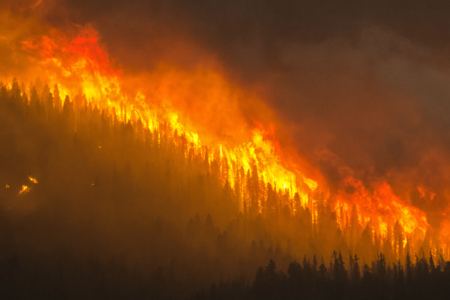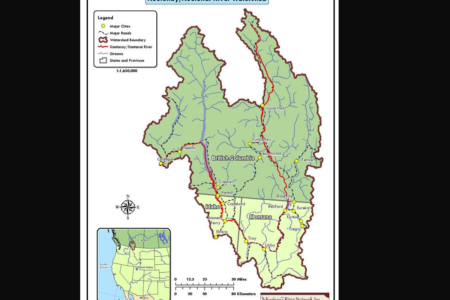WHAT'S THE PROBLEM WITH PIPELINES?
Pipeline safety:
Whether or not a person favours pipeline development, we can probably all agree that if we are going to have pipelines built, they should be as safe as possible.
In this video, a former materials engineer at TransCanada Corporation (the pipeline builders) speaks out about pipeline safety in general and one proposal in particular. Evan Voke was fired by TransCanada after raising concerns about the corporation’s poor safety record and construction practices.
Vokes may not be glib or photogenic, but he explains why he thinks Energy East’s proposal to re-purpose an old pipeline (constructed with “antiquated technology”) to carry bitumen and diluent from Alberta’s tar sands to Quebec, where it would be transferred to another pipeline to go to the Bay of Fundy, poses unacceptable hazards. He also notes that he thinks the National Energy Board (NEB) has a great deal of power, but is also too politically directed, and has a “serious lack of technical knowledge.”
He tells about how the NEB encouraged complaints about safety, but failed to act on them. That may explain why this video comes from the Council of Canadians. For more detail, watch the video: it’s about 8 minutes long.
That’s about pipeline safety — getting the contents of a pipeline to its destination without leaking those toxic contents into the surrounding countryside where, despite the most massive and expensive clean-up efforts, we must acknowledge that “clean-up” is a misleading term, in that only a tiny fraction of spilled oil or bitumen is ever recovered, and the rest soaks irrecoverably into the soil and the water table.
But wait: what about the long term?
Pipelines are built to facilitate further development and extraction of oil. What about the larger issue: climate change, and whether or not life on Planet Earth can afford to allow further extraction and use of fossil fuels?
Both the Intergovernmental Panel on Climate Change and the International Energy Agency have stated that “no more than one-third of proven reserves of fossil fuels can be consumed prior to 2050” if the world is to limit global warming to 2 degrees Celsius. Other experts have stated that a 2 degree rise in global average temperature is too high and will result in unavoidable widespread catastrophe.
French president François Hollande called a meeting in advance of the United Nations climate change meeting to be held in Paris this December, intended to put pressure on world leaders at the UN meeting to take urgent action on climate change. The French goverment chose Arnold Schwartzenegger as one of the speakers, which included many prominent policial leaders, intellectuals, and spiritual leaders. Schwartzenegger, known as a muscular actor and a former governor of California, said, “I’ve starred in a lot of science fiction movies and, let me tell you something, climate change is not science fiction, this is a battle in the real world, it is impacting us right now.
“I believe the science is in. The debate is over and the time for action is now. This is bigger than any movie, this is the challenge of our time. And it is our responsibility to leave this world a better place than we found it, but right now we are failing future generations.
“This year alone we will dump 40 billion tonnes of carbon emissions into our atmosphere. The World Health Organization says that air pollution causes over 7 million premature deaths every year and all over the world we can see flooding, monster storms, droughts and wild-fires that are completely out of control.”
Former UN secretary general Kofi Anan declared that climate change will “leave the livng envying the dead.” He went on to say, “If action is not taken immediately my grandson will live in a world suffering heat waves, severe droughts and floods. Cities like New York and Venice will drown. We are on the brink of catastrophe but the solution to the climate crisis cannot be left to governments alone … People are taking the lead and demanding change. We must not fail them.”
And we overly complacent people need to understand more clearly what the risks are of our current values, political processes and economic systems, our current lifestyles, our sense of entitlement, and our expectations. What do we really need? And do we really think that we will have even what we really need for much longer, if we continue to ignore the consequences of just pursuing what we want?
























